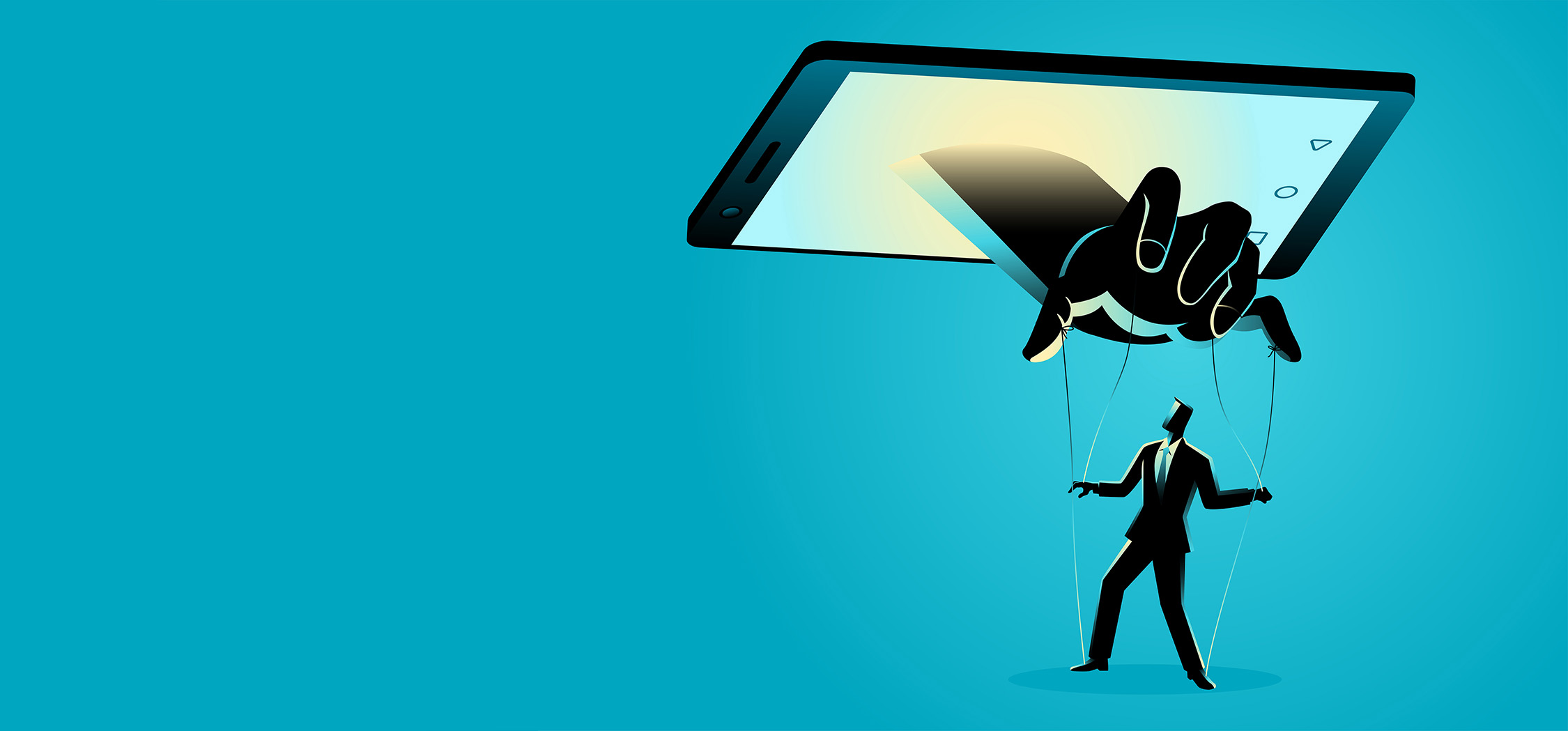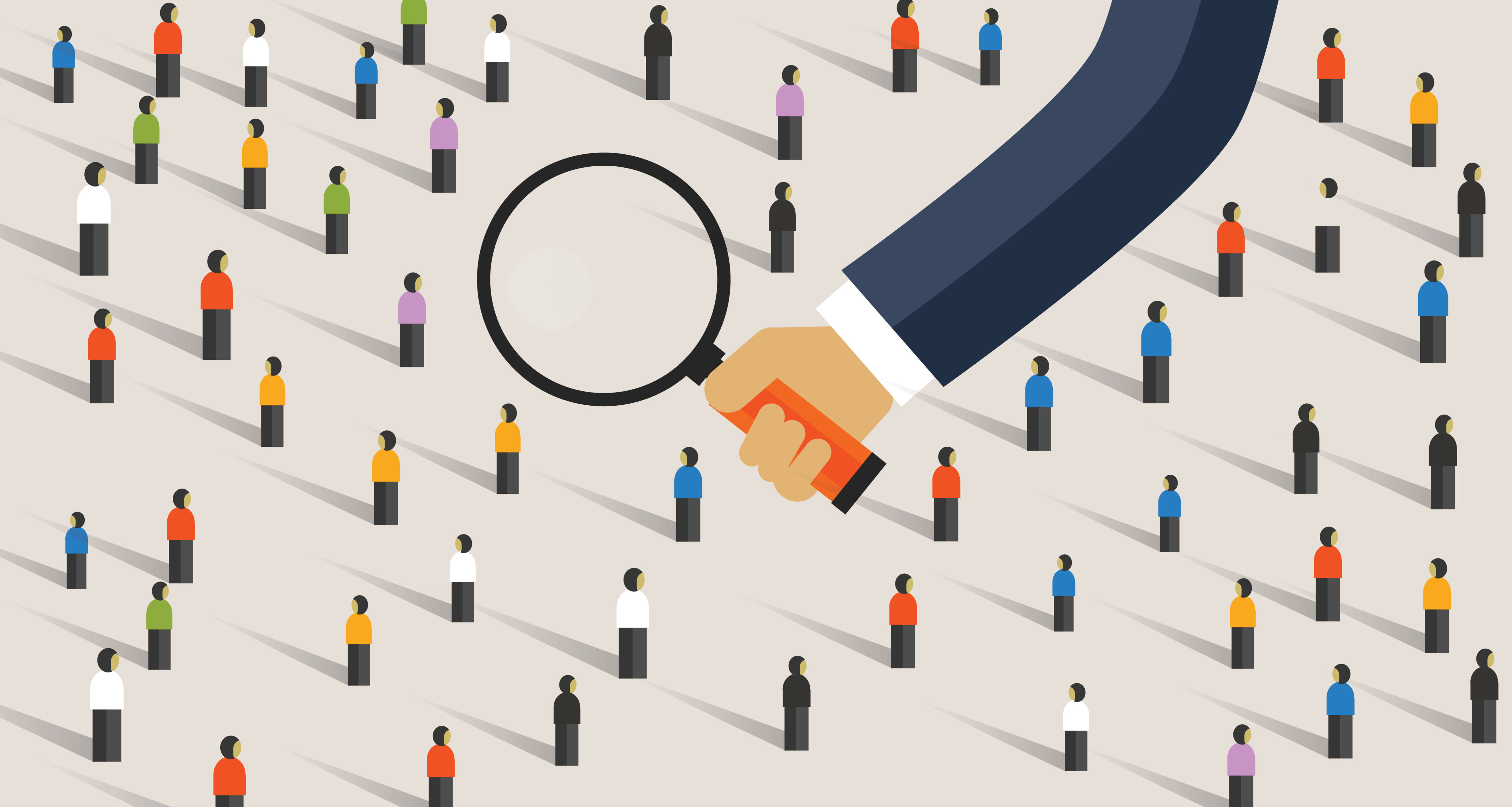How common is phone addiction? Too common, according to our recent study of 160 employees. We found:
- 50% of respondents would be categorized as “at-risk” or “problematic users,” with the costs of phone use potentially outweighing its benefits in a number of areas.
- On average, we’re interrupted by our phones every 13 minutes of our awake time. Younger individuals in entry-level jobs are interrupted even more frequently – every 9.5 minutes.
Phones’ negative impacts – including feelings of stress – come less from the actual time spent on them and more from our experience of dependency and compulsion and the negative emotions that are wound up with them.
By recognizing a possible phone addiction, we can begin to redraw the boundaries and be more intentional about when we engage. This is not merely about cutting down screen time – it’s about reclaiming the human experience, rediscovering the joy of undistracted moments, and forging deeper, more meaningful connections in our personal and professional lives.







